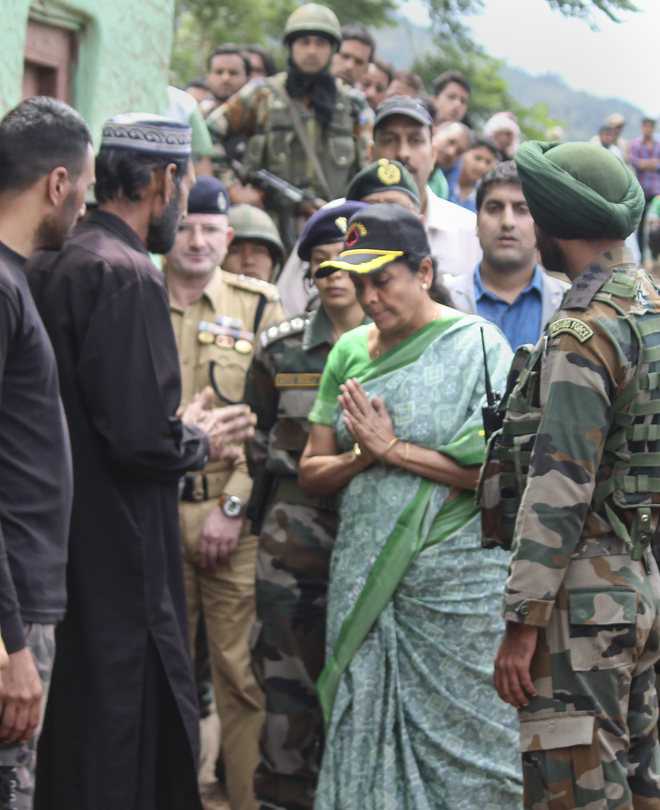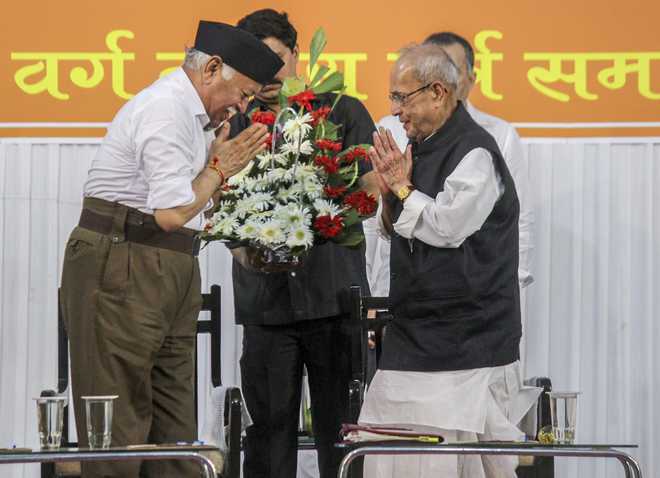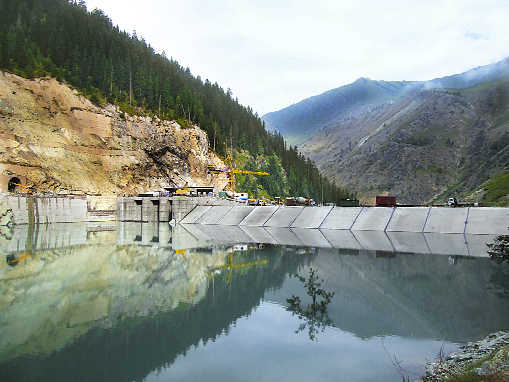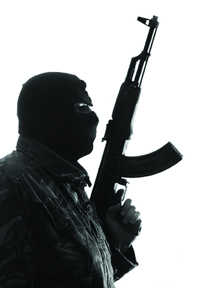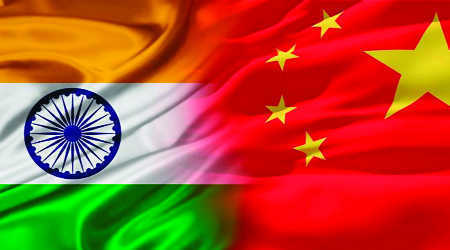Two groups are today dominating discussions about civil-military relations in India. The first group is the veterans who continue to protest over the definition of OROP. Recent images of soldiers and their wives being pushed and shoved into police vans has again brought into focus their long-standing demand. The second is a group of junior officers from the services who think that their career interests have been ignored and have gone to the Supreme Court. Grant of NFU to the military is another case pending in the same court.
There is also considerable consternation in the military leadership over the issue of status parity. And this leadership is not the few Generals, Admirals and Marshals but the approximately 50,000 officers, a vast majority of whom are middle and young level officers. They directly lead men on land, sea and air and put themselves at maximum risk. The whole issue of the military being a Group A or Group B service is bewildering to them. And justifications about the military being neither Group A nor B, being advanced by some of our own senior officers, are inexplicable.
It is often argued that it is only a handful of veterans and serving officers who are actually complaining, and that their demands are unreasonable. Both these statements could be true but it does not naturally follow that these will not have any impact on the character of the military ethic. This is what should worry us all.
One of the cornerstones of the military ethic is its Corporateness. Members share a strong group identity based on common values and pride in their very critical responsibility towards the nation. Within this corporate structure is a strict hierarchy of ranks. If today members of the military prefer to take to the streets or the courts of law, rather than relying on their senior leaders, it could weaken the corporate character of the military.
The military is a unique profession. No other profession demands that your primary role is to lay down your life in the pursuit of your duty. General John Hackett, in his book The Profession of Arms, called it the concept of “unlimited liability”. In Jammu and Kashmir alone we lose more than 200 soldiers each year, not only battling terrorists but also to the brutal terrain and weather.
To get men and women to accept this huge sacrifice requires a forging of character where the best of values come to fore. Hackett wrote that qualities such as courage, fortitude and loyalty are deliberately fostered, not because they are desirable, but because they are “essential to military efficiency.”
What is the current civil-military dispute about? Is it about more pay, privileges or a better lifestyle? There can be no comparison in lifestyle because no individual in any other profession earning an equivalent salary lives in a 10 x 10 foot bunker where you are snowed under for six months. The soot from the 1945-style heater, which is fired by kerosene oil, is an all pervading presence, from your hair to the fingernails to the choked nostrils. The privilege is nothing more than a bunch of great comrades who are suffering the same privations.
The real fight is about honour. Honour or ‘Izzat’ is the edifice on which the ethical and moral foundation of any military rests. Traditionally, the Indian military has given great value to the concept of honour — the honour of the unit which must always be protected and personal honour which drives a man even in the face of certain death. If officers and men feel unwanted and under-privileged it could weaken this edifice. Unfortunately, this fact is not given enough attention. Putting out tweets and spending time with soldiers during festivals is a great gesture but is not enough to assuage the angst.
There are two different models in the structure of civil-military relations. In The Soldier and the State, Huntington recommends ‘‘objective civilian control’’ that ensures civilian control and maximizes professionalism at the same time. He argues that a highly professional military seeks to distance itself from politics, thus strengthening civilian control. In contrast to Huntington, Morris Janowitz, in The Professional Soldier, argued that the military will invariably come to resemble a political pressure group, and that this is not necessarily a problem as long as it remains ‘‘responsible, circumscribed, and responsive to civilian authority’’. He recommends the military’s ‘‘meaningful integration with civilian values’’.
There are supporters of both models but in India, objective control has been followed and has stood the military in good stead. There is no real need for change, and political parties need to be sensitive to this. Constantly evoking the sacrifice of the Indian Army in every political debate is harmful. It could politically influence soldiers. The loyalty of a soldier is to the military ideal, which is a constant, and not to a political ideology. This is the correct democratic way.
Surely it is nobody’s case that the military is completely losing its professionalism. But problems, however small, if not tackled in time can blindside you. If some cracks are visible, they need to be quickly repaired and not papered over. The government practice of forming of one more committee has now lost its credibility. Decisions will have to come from the political executive.
Minor changes in OROP, grant of NFU (non-functional upgrade), an improvement in career progression, and an honourable status to military personnel are a very small price to pay for ensuring that the character of the military ethic is not diluted. Political leaders, the bureaucracy and senior military leadership must join hands and work towards that goal. This will ultimately not only empower the military but also the nation.
I close with a quote from Huntington, “If the civilians permit the soldiers to adhere to the military standard, the nations themselves may eventually find redemption and security in making that standard their own”.
